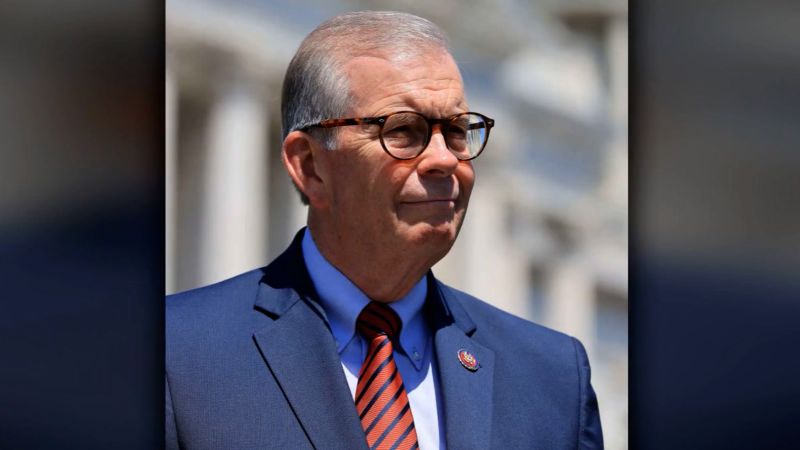In the video, Republican Rep. Tim Walberg can be heard making a statement that seems to suggest using bombs on Gaza similar to the ones used in Nagasaki and Hiroshima. He clarifies that he was speaking metaphorically and did not mean it literally. Walberg’s comments have sparked controversy and raised concerns about the language used by politicians when discussing sensitive topics such as military actions.
The Democratic advocacy group affiliated with the individual who posted the video has criticized Walberg’s comments, highlighting the implications of using violent language when discussing conflicts in the Middle East. The group called for a retraction and apology from Walberg, citing the need for more responsible and diplomatic language from elected officials.
The reference to dropping bombs on Gaza “like Nagasaki and Hiroshima” is particularly inflammatory given the historical context of the atomic bombings of Japan during World War II. The bombings resulted in massive casualties and widespread destruction, leading to long-term repercussions for the affected communities. Comparing modern conflicts to such devastating events can be seen as minimizing the severity and complexity of the situation at hand.
Walberg’s insistence that he was speaking metaphorically raises questions about the use of language and rhetoric in political discourse. While metaphorical language has its place in public speaking, there is a fine line between using vivid language to make a point and inadvertently promoting violence or aggression. Politicians have a responsibility to choose their words carefully, especially when discussing sensitive and potentially inflammatory topics.
The controversy surrounding Walberg’s comments underscores the broader conversation about the language and tone used in political discourse. In a polarized political climate, inflammatory language can further divide communities and incite tensions. Elected officials have a duty to engage in civil and respectful dialogue, even when discussing contentious issues such as international conflicts.
Overall, the incident involving Rep. Tim Walberg serves as a reminder of the power of words and the impact they can have on public discourse. It highlights the importance of thoughtful and responsible communication from elected officials, particularly when addressing sensitive topics that have real-world implications. Moving forward, it is crucial for political leaders to engage in constructive dialogue that promotes understanding and unity rather than division and hostility.


